Operation Paget was an extensive inquiry into Princess Diana’s death, initiated amidst a swirl of conspiracy theories.
Launched in 2004, this operation sought to uncover the truth behind the tragic accident that occurred in Paris in 1997. Its objective was clear: to investigate each theory thoroughly and provide conclusive answers.
The Genesis of Conspiracy Theories

Following Princess Diana’s death in 1997, numerous conspiracy theories emerged, prompting the need for a formal investigation.
Operation Paget was established to delve into these theories, examining each claim to determine its validity. This marked the beginning of a detailed quest to separate fact from fiction in a case that had captured the world’s attention.
The Paris Accident: A Night of Tragedy
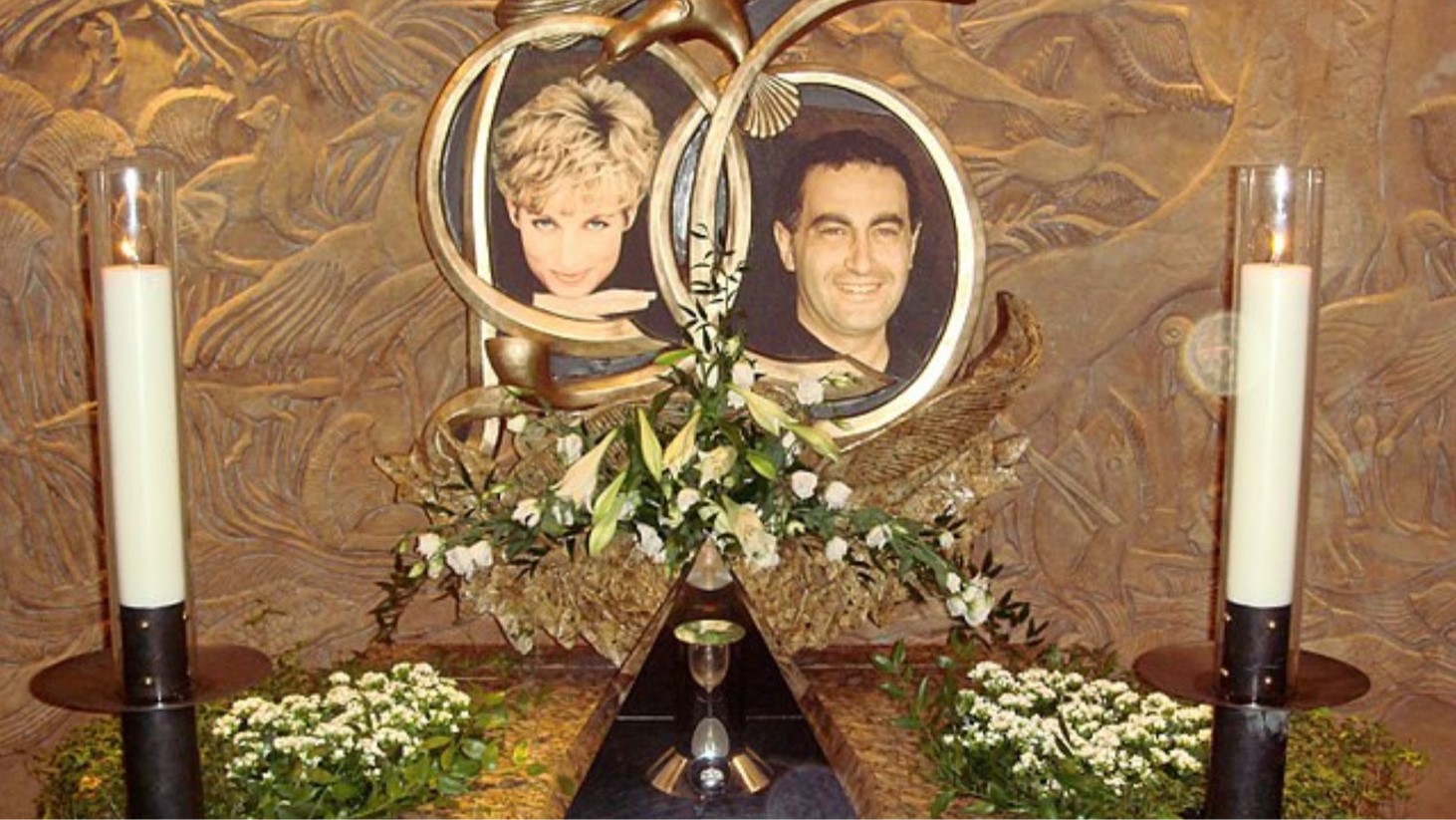
On August 31, 1997, Princess Diana, her boyfriend Dodi Al Fayed, and their driver Henri Paul were involved in a fatal car accident in Paris.
This tragic event became the center of various alternative theories, with some suggesting that the accident was not mere misfortune but a planned act.
Mohamed Al Fayed’s Allegations
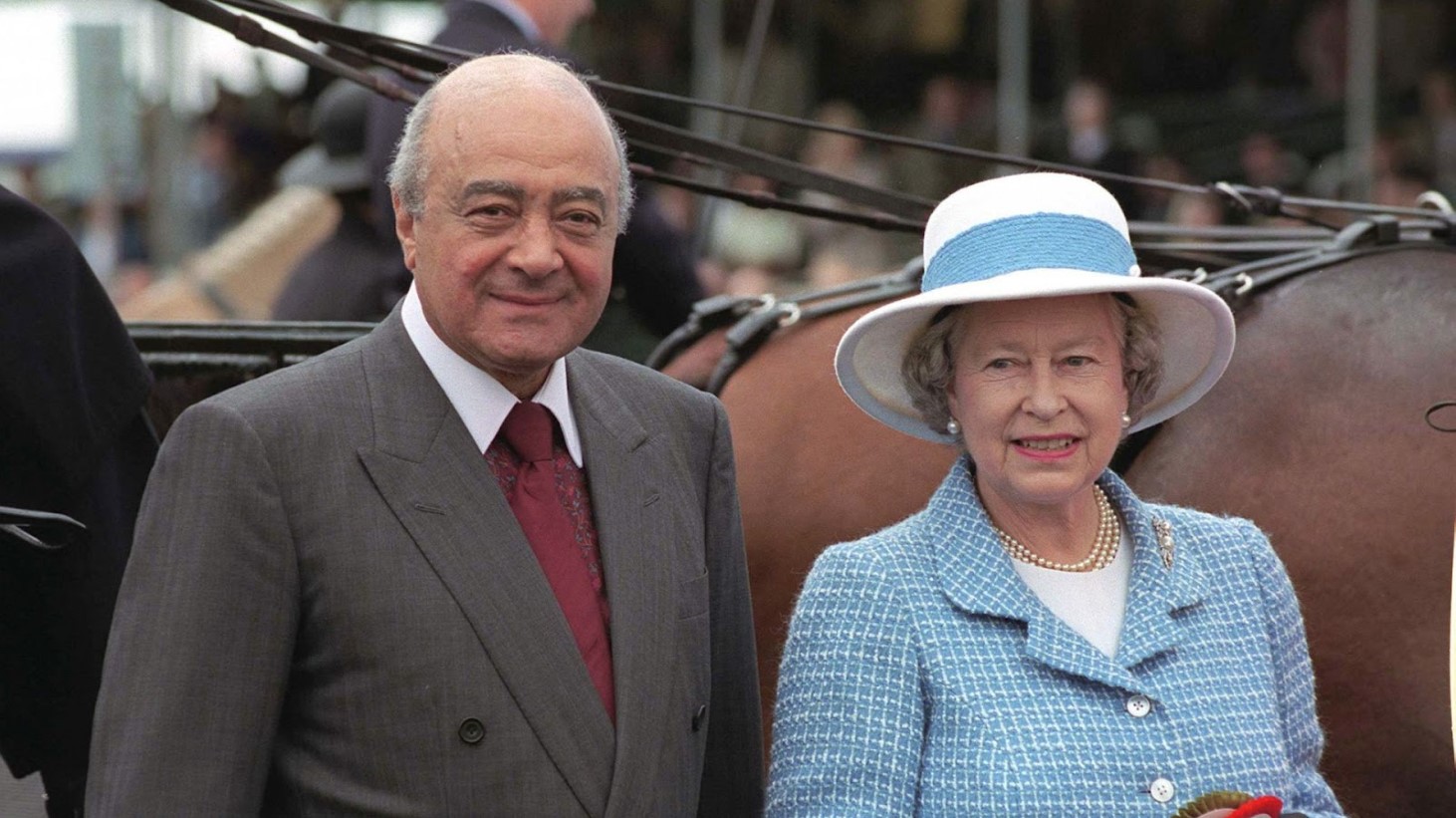
Mohamed Al Fayed, Dodi’s father, vehemently believed that the British royal family orchestrated the deaths.
He claimed that Prince Philip, Diana’s former father-in-law, had ordered British security services to execute this plan, primarily to prevent Diana from marrying his Muslim son, Dodi.
The Inception of Operation Paget
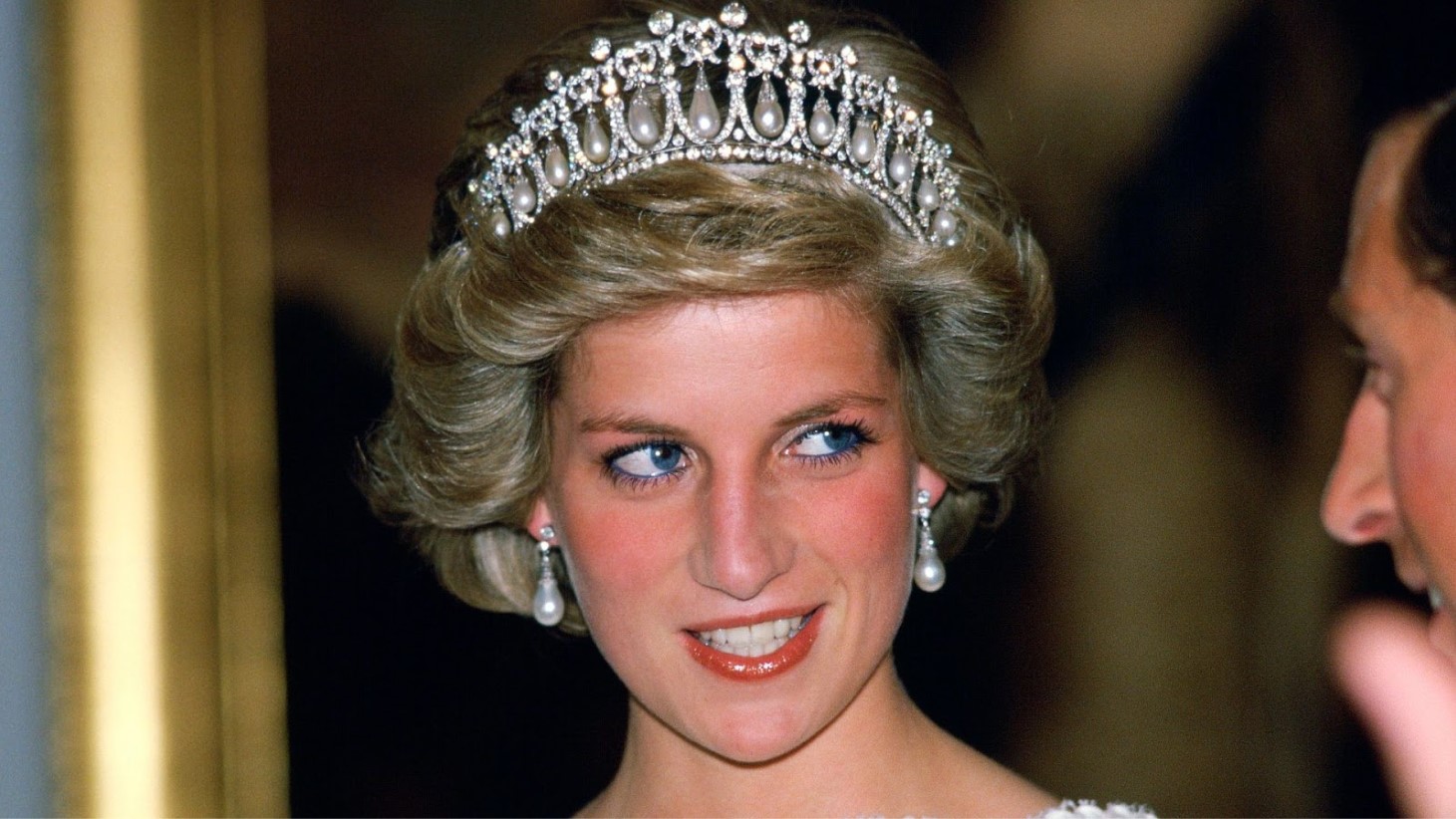
In response to the growing theories and at the request of the royal coroner Michael Burgess, Operation Paget was formed in January 2004.
According to the BBC, it included over a dozen senior British Metropolitan Police officers and was a significant financial undertaking, dedicated to investigating the cause of Princess Diana’s death.
Inside the Investigation
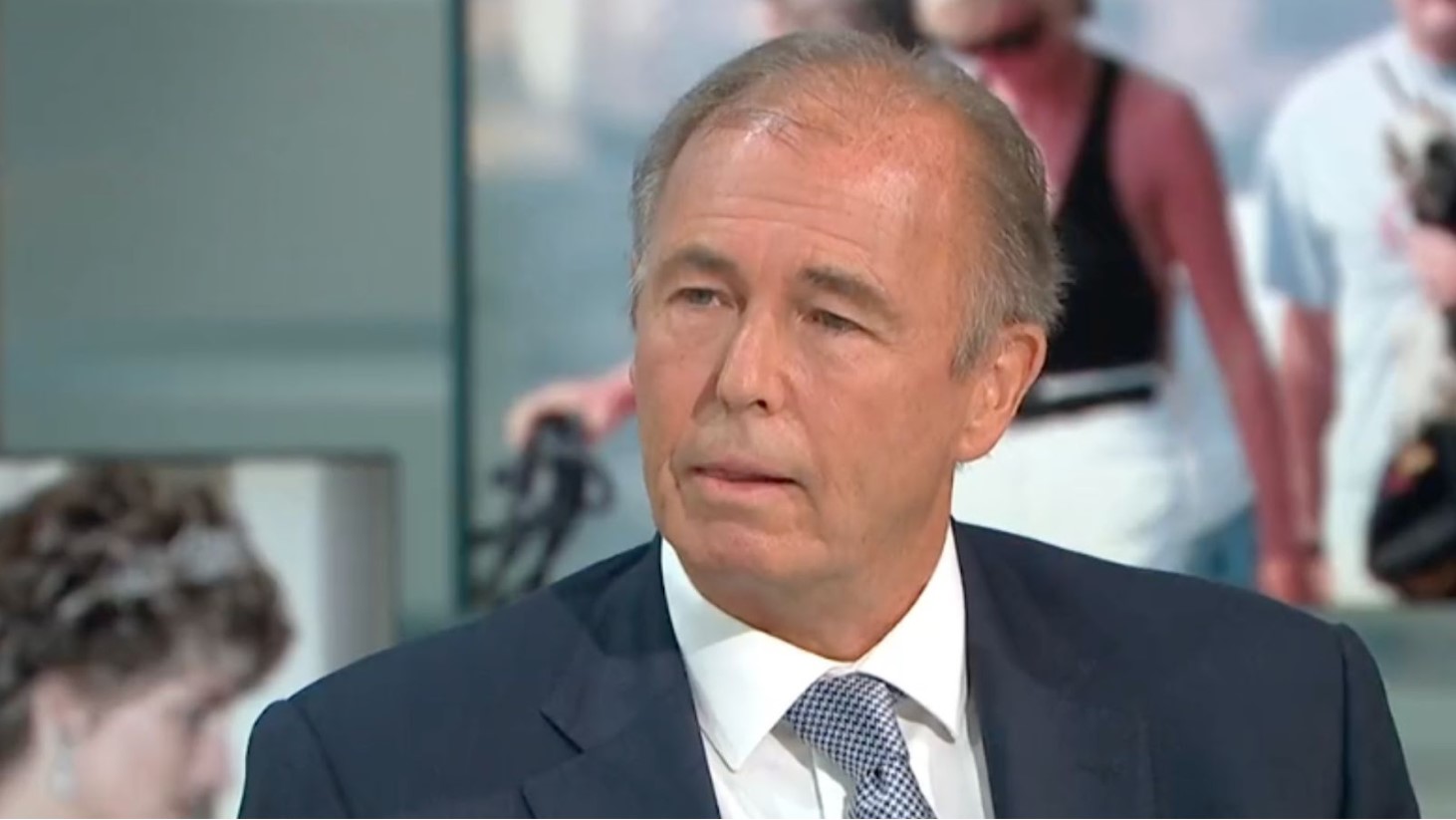
David Douglas, a member of the Operation Paget team, expressed his belief on ITV’s Good Morning Britain 25 years after the crash, saying, “It’s my absolute total belief it was a terrible, tragic accident.”
The operation involved meticulous scrutiny of the events leading to the crash, examining every possible angle.
Operation Paget’s Influence on ‘The Crown’

The Los Angeles Times reported that the findings of Operation Paget played a crucial role in the depiction of Diana’s death in Netflix’s ‘The Crown.’
Executive producers Andy Harries and Suzanne Mackie spoke at the Edinburgh TV Festival about how Netflix and Left Bank Pictures approached the tragic incident. Mackie said “There’s a huge amount of respect from us all, I hope that’s evident.”
The Scope of Operation Paget
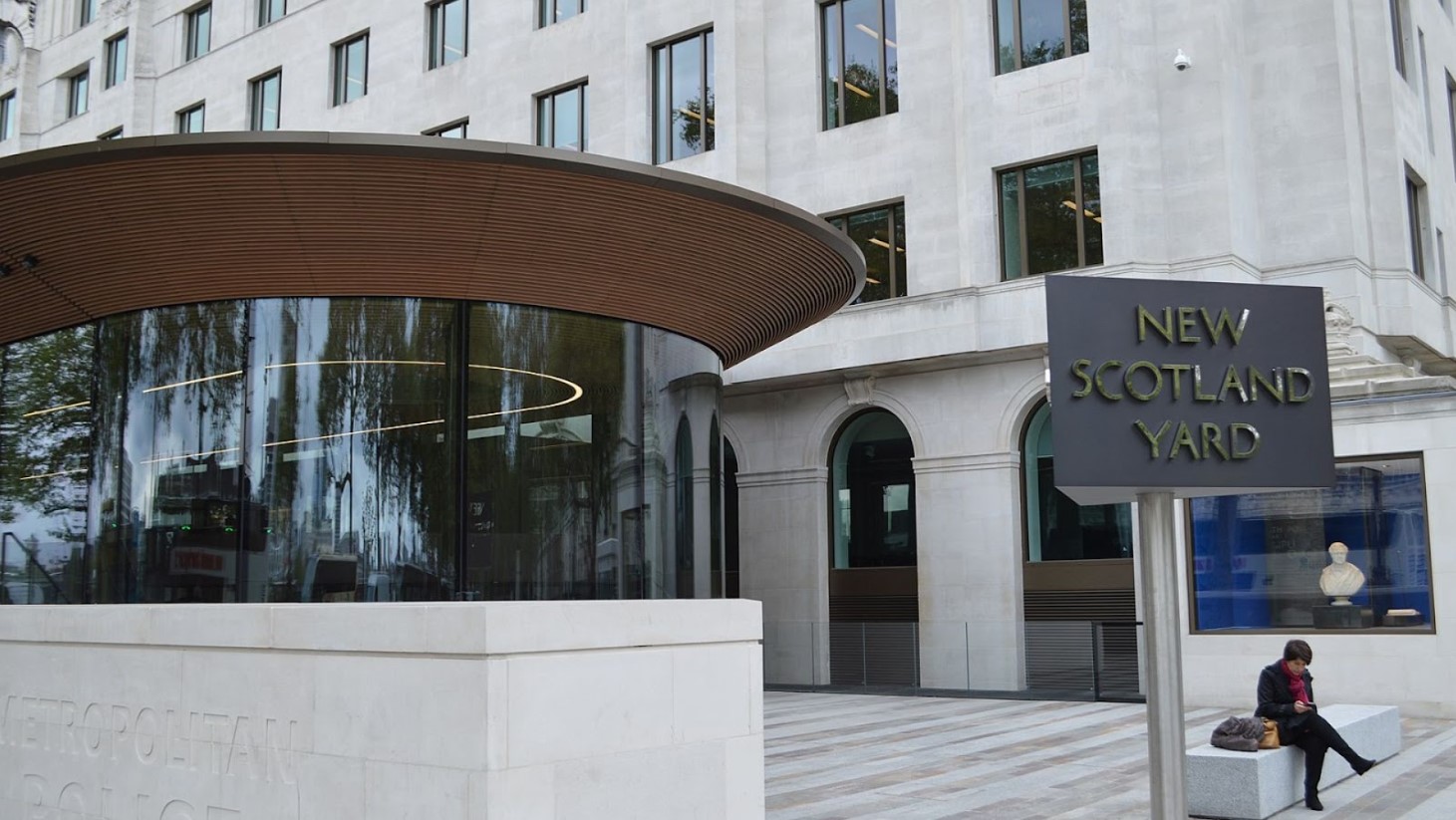
Operation Paget was a comprehensive effort by the British Metropolitan Police to investigate all conspiracy theories related to Princess Diana’s death.
This task required thorough examination of evidence and witness testimonies, showcasing the operation’s extensive and meticulous nature.
The Reason Behind Operation Paget
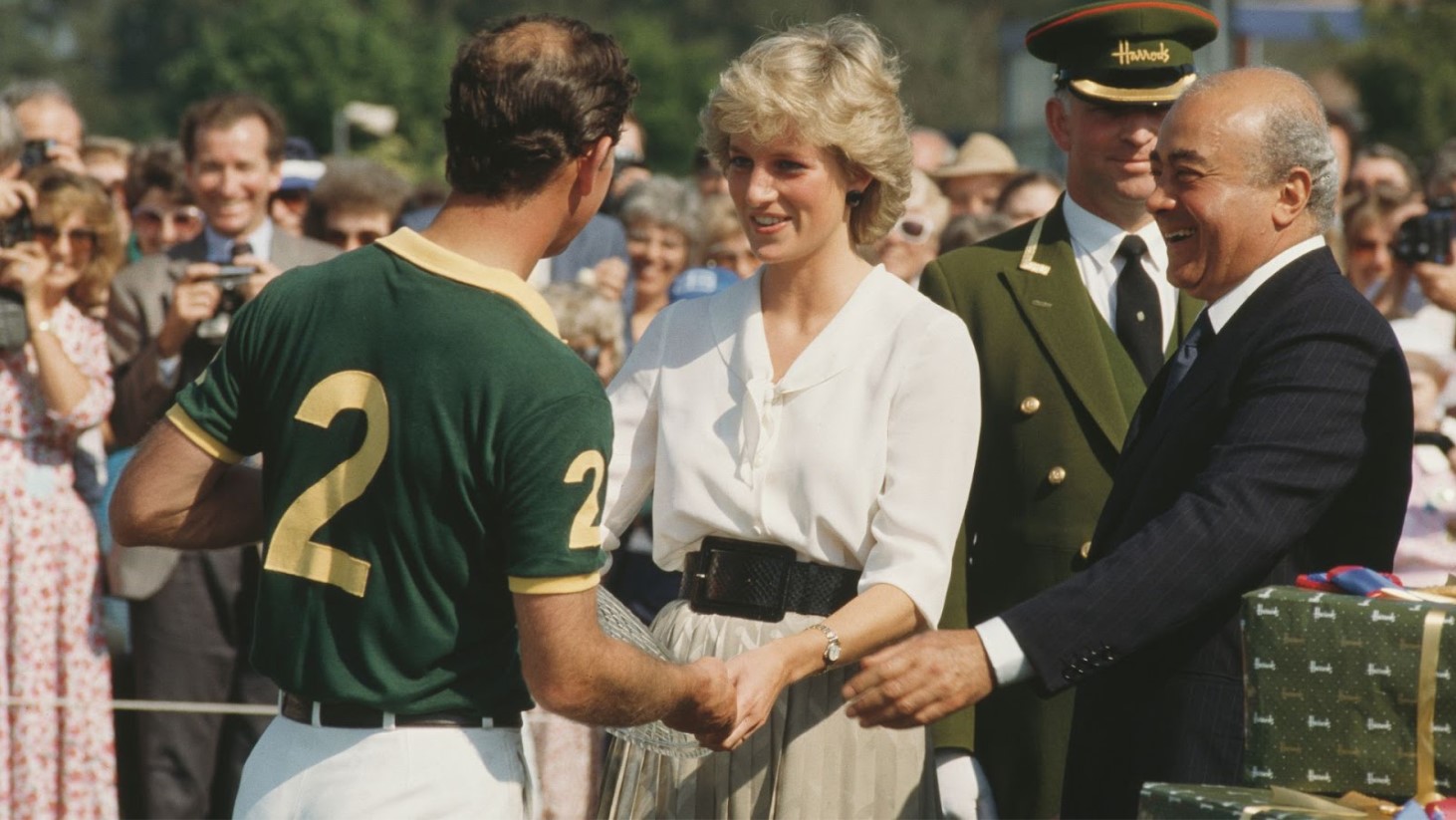
Mohamed Al Fayed’s insistence that his son and Princess Diana’s deaths were not accidental was a significant factor in initiating Operation Paget. Speaking to The Mirror in February 1998, Al Fayed said “ I believe in my heart 99.9% that it was not an accident.”
His strong belief in a conspiracy led to a legal necessity for a police inquest, as the allegations implicated potential crimes on British soil.
King Charles’ Involvement
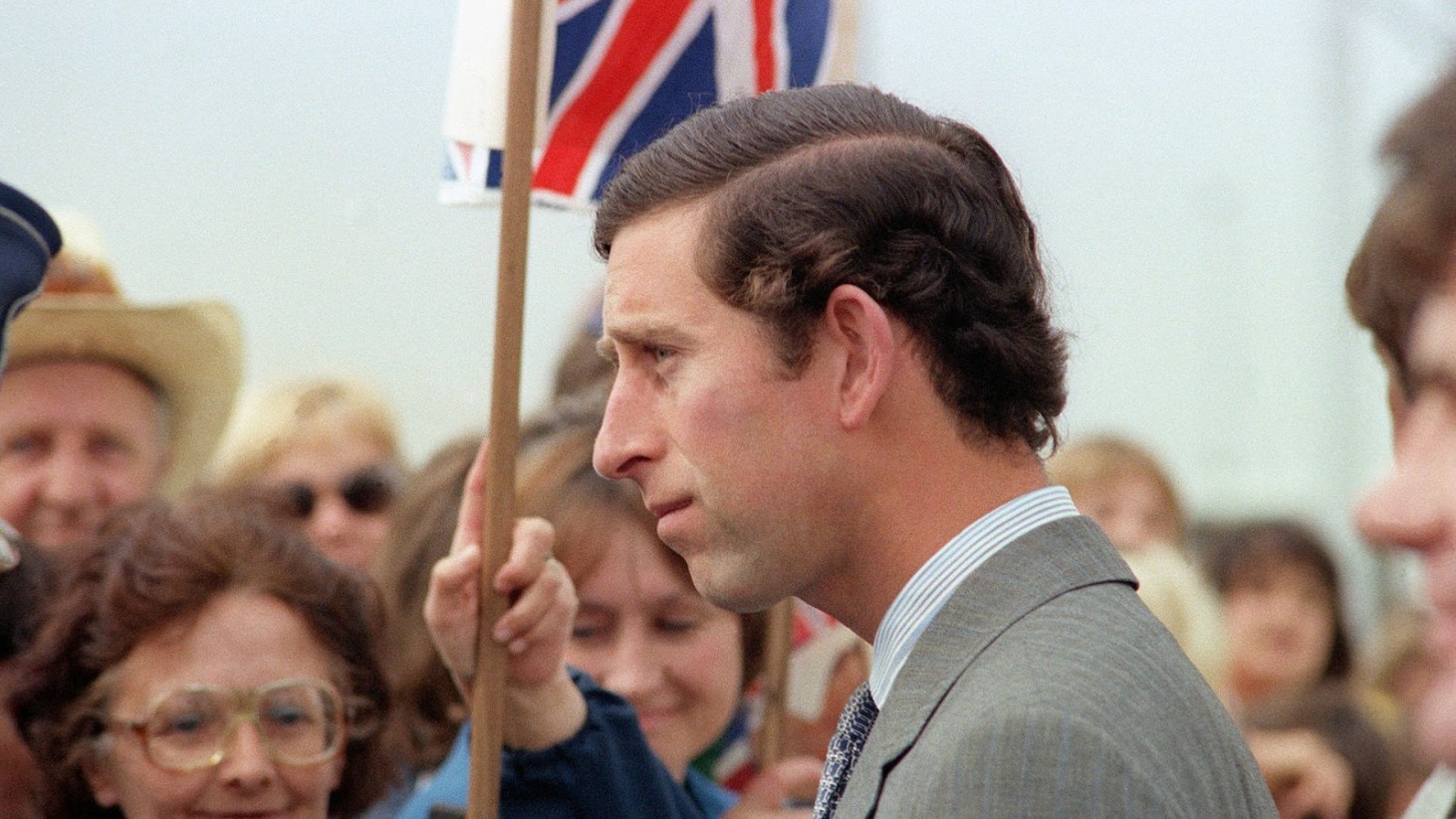
John Stevens, former head of Scotland Yard, told the Daily Mail that The future King Charles was interviewed as part of Operation Paget regarding a note written by Princess Diana in 1995, hinting at possible foul play in her future.
Charles’ interview was a notable aspect of the investigation, adding a layer of complexity to the inquiry.
Conclusions of Operation Paget
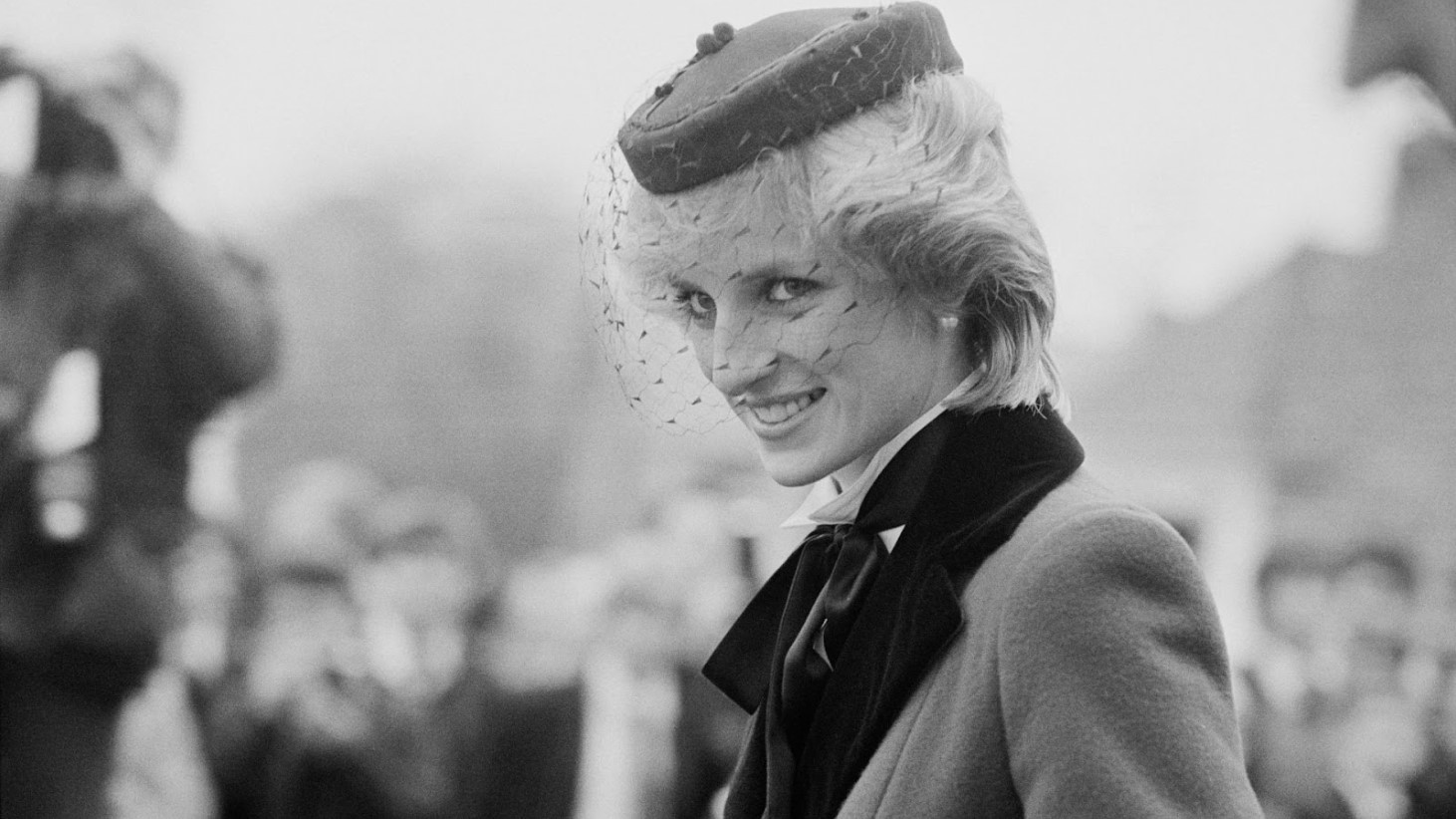
After nearly three years of rigorous investigation, Operation Paget concluded that Princess Diana’s death was an accident.
The report, published in December 2006, dismissed various conspiracy theories, asserting that the crash resulted from a series of tragic circumstances, rather than a planned act.
Reactions and Impact of the Findings
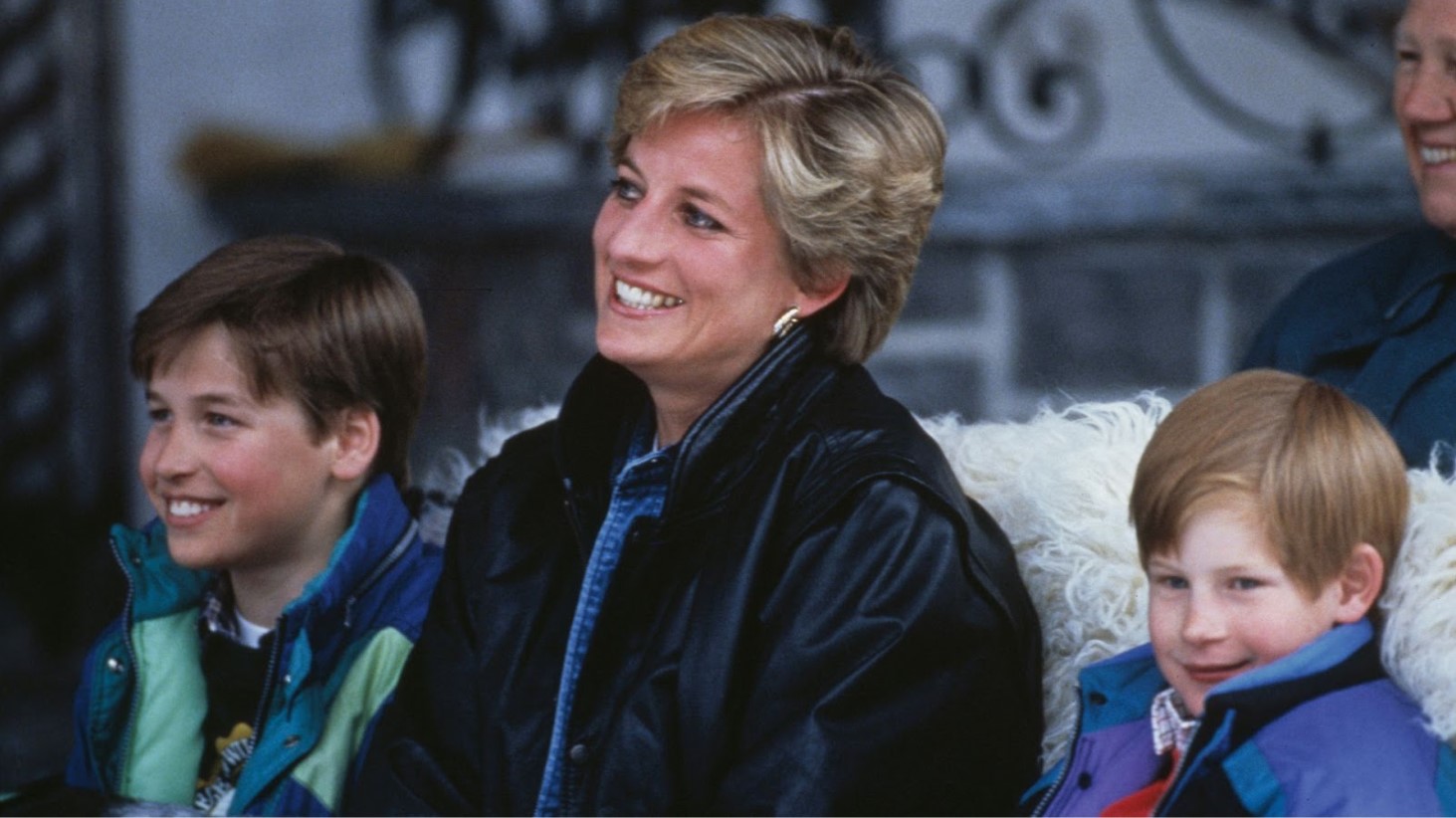
The findings of Operation Paget were met with mixed reactions. According to The Independent, while Prince William and Prince Harry found solace in its conclusions, Mohamed Al Fayed dismissed the report as a “cover-up.”
Despite initial skepticism, the investigation’s thoroughness ultimately contributed to a broader understanding of the tragic event.


